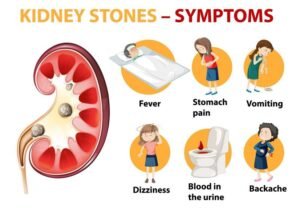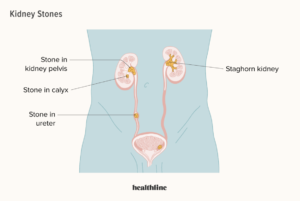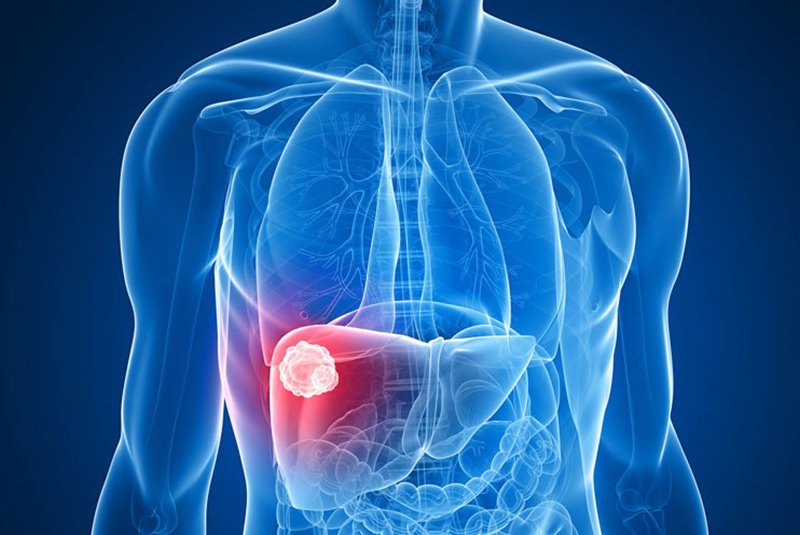Kidney Stone
Kidney stones, also known as nephrolithiasis, are hard mineral deposits that form in the kidneys and can cause significant discomfort and pain. Understanding the symptoms, available treatments, and associated costs is crucial for anyone dealing with this condition. This guide covers all aspects of kidney stones, from diagnosis to treatment options, including surgical and non-surgical methods.

kidney stone treatment
kidney stone removal
kidney stone pain
kidney stone surgery
kidney stone ureteroscopic stone removal
kidney stone laser treatment cost
lithotripsy
nephrolithiasis
Symptoms of Kidney Stone
Kidney stones can cause a range of symptoms, which may vary depending on the stone’s size and location. Common symptoms include:
- Severe Pain: Kidney stone pain, often described as one of the most intense pains, typically starts suddenly and is felt in the side or back, below the ribs. The pain may radiate to the lower abdomen and groin
- Blood in Urine: Hematuria, or blood in the urine, is a common sign of kidney stones. The pee might seem pink, red, or brown.
- Frequent Urination: A frequent need to urinate, often accompanied by pain during urination.
- Nausea and Vomiting: These symptoms often occur due to the pain and body’s response to the kidney stone.
- Cloudy or Foul-Smelling Urine: This can indicate an infection, which may accompany kidney stones.

kidney stone treatment
kidney stone removal
kidney stone pain
kidney stone surgery
kidney stone ureteroscopic stone removal
kidney stone laser treatment cost
lithotripsy
nephrolithiasis
Kidney Stone Treatments
Treatment for kidney stones varies based on the size, type, and location of the stone. Here are the primary treatment options:
- Medication and Hydration: For smaller stones, doctors often recommend drinking plenty of water to help pass the stone and taking pain relievers. Certain medications may also be prescribed to relax the muscles in the ureter, aiding in the stone’s passage.
- Extracorporeal Shock Wave Lithotripsy (ESWL): This non-invasive procedure uses shock waves to break up stones into smaller pieces that can be passed more easily. It is a common and effective kidney stone treatment.
- Ureteroscopic Stone Removal: For stones that are lodged in the ureter, ureteroscopy involves using a thin, flexible scope inserted through the urethra and bladder to reach the stone. The stone is then either removed or broken into smaller pieces using a laser (laser lithotripsy).
- Percutaneous Nephrolithotomy: This is a surgical procedure used for large or complex stones. A small incision is made in the back, and a nephroscope is used to remove the stone.
- Open Surgery: Though rare and typically reserved for very large or complicated stones, open surgery may be necessary if other methods are unsuccessful.
Costs of Kidney Stone Treatments
The cost of kidney stone treatment can vary widely based on the method used, the healthcare provider, and geographic location. Here are some general cost estimates:
- Medication and Hydration: This is the least expensive option, mainly involving the cost of medications and possibly a few doctor visits.
- ESWL: The cost of lithotripsy can range from $5,000 to $10,000, depending on the facility and the complexity of the procedure.
- Ureteroscopic Stone Removal: The cost for ureteroscopic stone removal can vary, typically ranging from $7,000 to $15,000. Laser treatment costs are included in this range.
- Percutaneous Nephrolithotomy: This surgical procedure can be more expensive, generally costing between $15,000 and $30,000.
- Open Surgery: The most costly option, open surgery can exceed $30,000 due to its complexity and the extended hospital stay required.
Kidney stones are a common condition characterized by the formation of hard deposits in the kidneys. These deposits can cause severe pain and discomfort, requiring medical intervention for treatment. It is important to seek professional medical advice if you suspect you may have kidney stones to ensure appropriate management and prevention of further complications.
Conclusion
Kidney stones are a painful condition that can significantly impact quality of life. Recognizing the symptoms early and understanding the available treatment options are crucial for effective management. Both non-surgical and surgical treatments are available, each with its own cost considerations. Always consult with a healthcare provider to determine the best treatment plan tailored to your specific situation.



